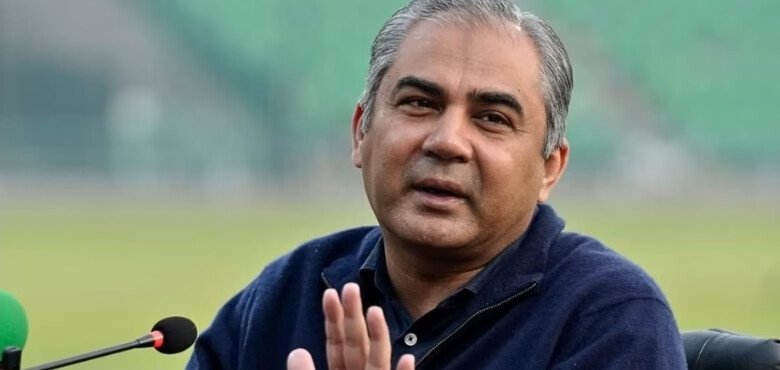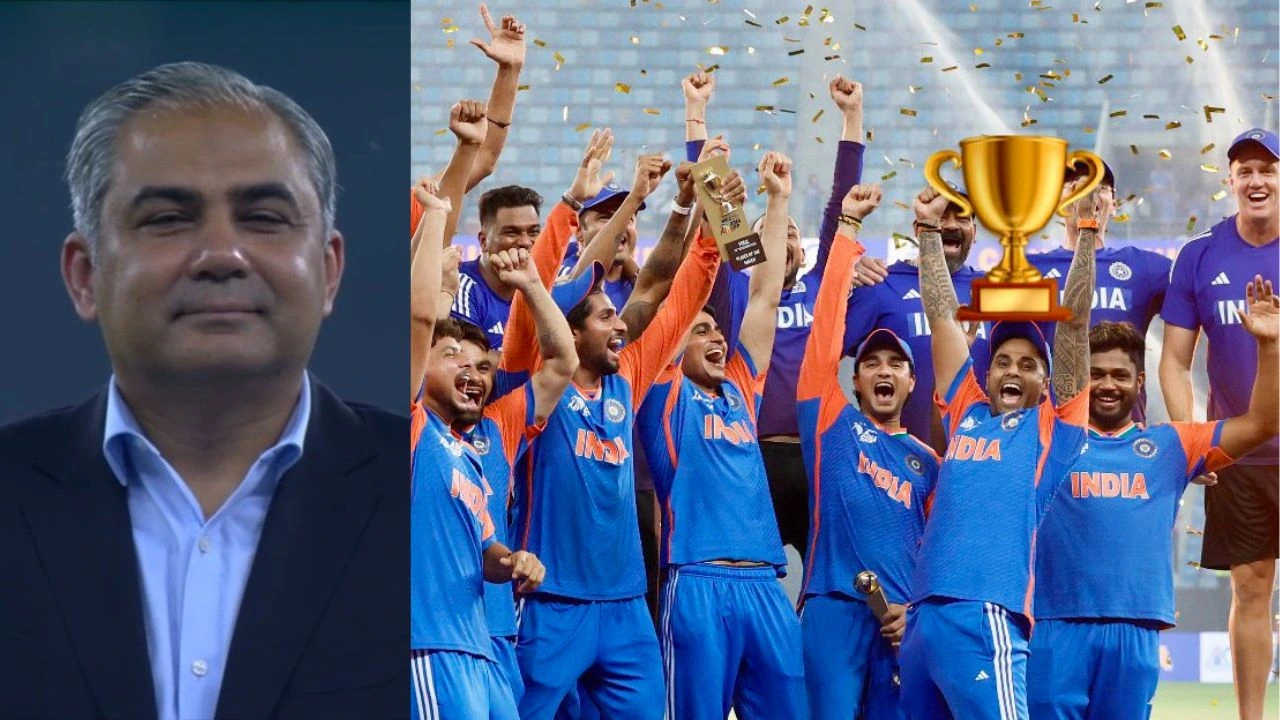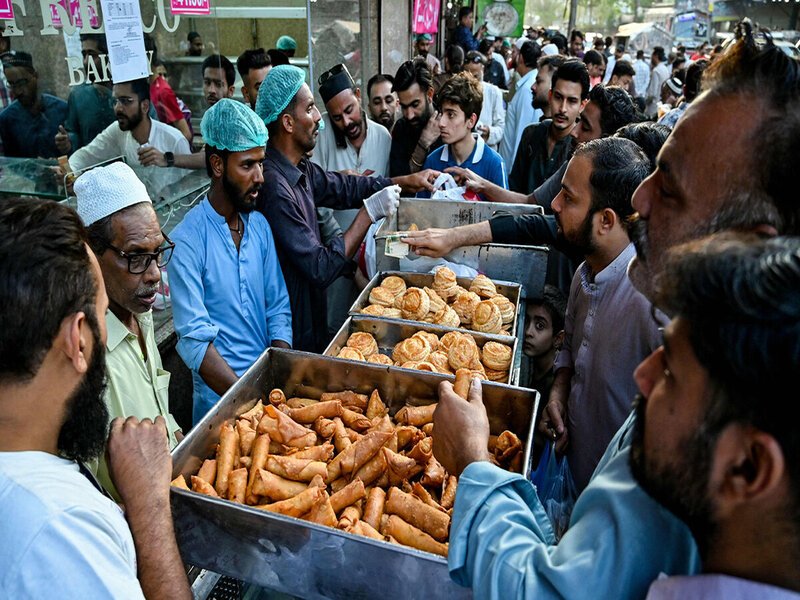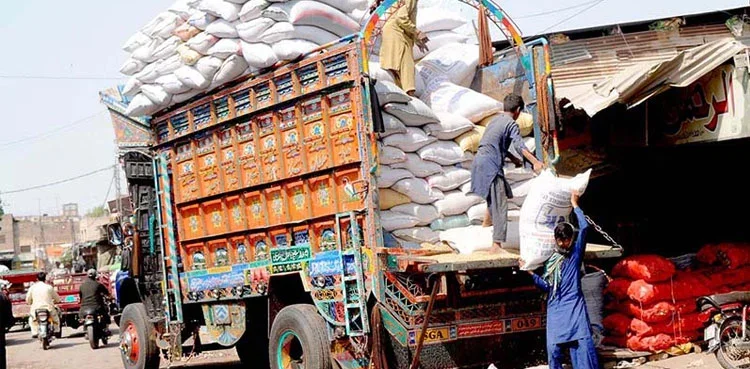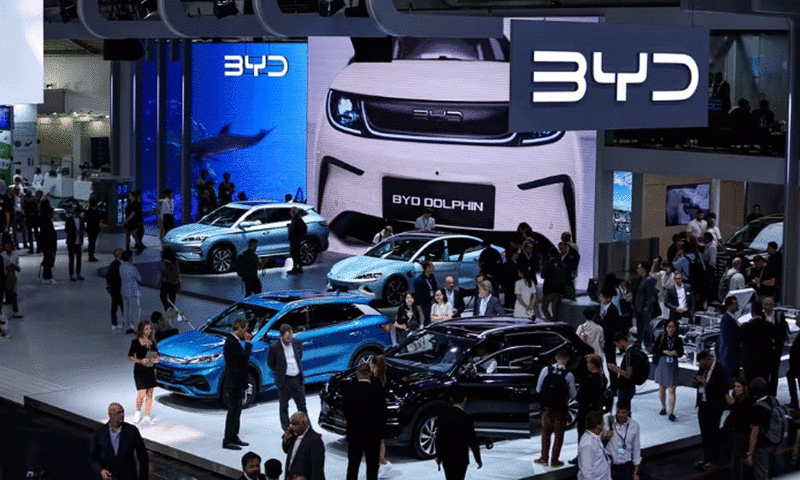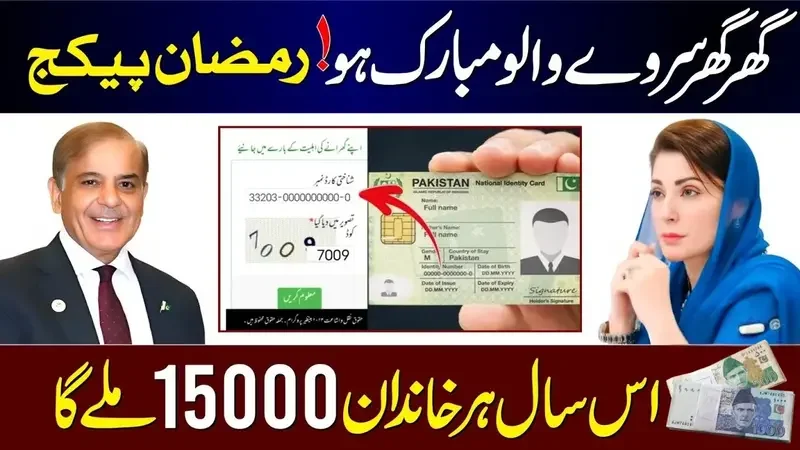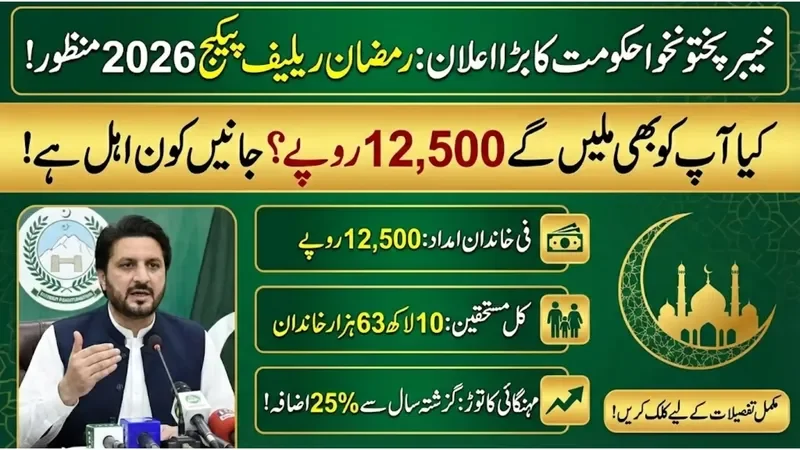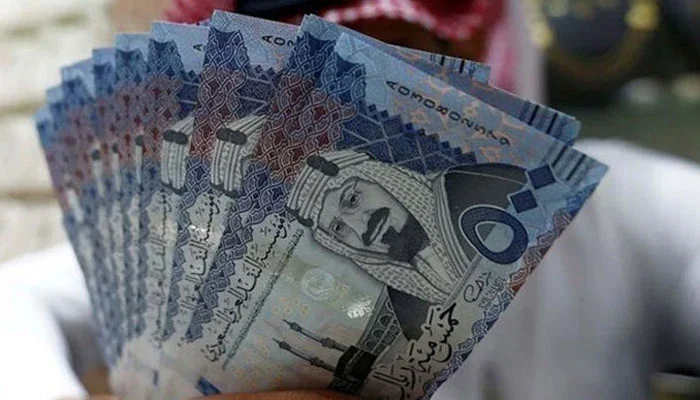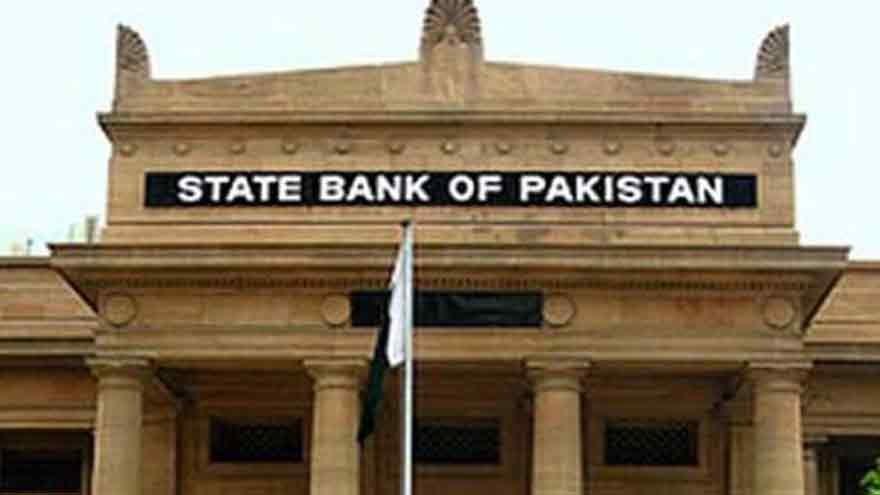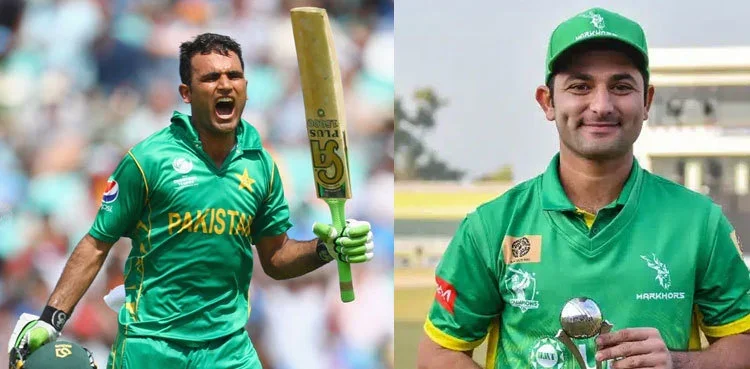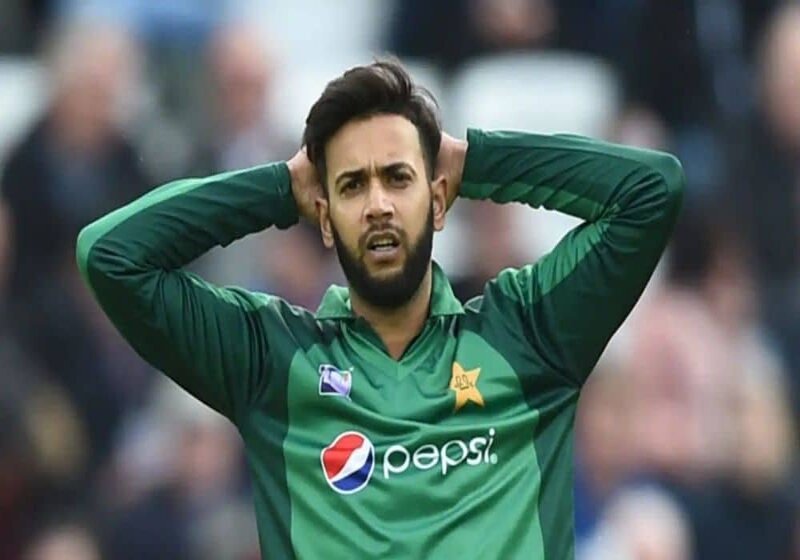Cricket diplomacy between India and Pakistan took another dramatic turn after Pakistan Cricket Board (PCB) and Asian Cricket Council (ACC) Chairman Mohsin Naqvi strongly refuted reports in Indian media suggesting that he had apologised to the Board of Control for Cricket in India (BCCI) over the controversial Asia Cup 2025 trophy handover incident. The Asia Cup final, held in Dubai on September 28, ended with a bizarre scene when the Indian team refused to accept the winners’ trophy from the ACC chief, sparking heated debate and widening the rift in already strained cricketing relations between the two countries. Following the incident, Indian captain Suryakumar Yadav accused the organizers of denying his team the trophy despite their victory, while Indian outlets later alleged that Naqvi himself had refused to present the award.
In the days that followed, multiple Indian publications, including India Today, Hindustan Times, and Financial Express, published stories claiming that Naqvi had since apologized to the BCCI but continued to withhold the trophy. These reports quickly spread on Indian social media platforms, fueling anger among fans. However, Mohsin Naqvi broke his silence by issuing a strong rebuttal on X (formerly Twitter), stating that he had never issued any apology and had no reason to do so. He called the claims “fabricated nonsense” and “cheap propaganda” designed to mislead the Indian public. Naqvi added that he has always been willing to hand over the trophy, saying that if India truly wants it, they can collect it from the ACC office. He insisted that the real issue was India’s continued politicization of cricket, which, according to him, damages the spirit of the game.
The trophy controversy was only the latest flashpoint in an already tense atmosphere between the two sides. During the tournament, Naqvi had earlier voiced disappointment over Indian captain Suryakumar Yadav dedicating the Asia Cup victory to victims of the Pahalgam terrorist attack, an act the PCB considered politicizing a sporting event. The issue gained further traction because earlier this year India had carried out airstrikes in Pakistan over the same attack, which New Delhi blamed on militants operating from Pakistani soil, a claim Islamabad strongly denied. The crisis triggered a brief military escalation before the United States intervened to calm tensions, but relations have remained sour ever since.
The International Cricket Council (ICC) was also drawn into the matter, with the PCB filing a formal complaint about Yadav’s remarks. Reports suggest the Indian captain was later fined 30 percent of his match fee for breaching the ICC Code of Conduct. On Pakistan’s side, fast bowler Haris Rauf and opener Sahibzada Farhan were reprimanded by the ICC for their gestures in the Super Four match against India, highlighting how the heated rivalry spilled over into player behavior on both sides. The final itself ended with India’s win, which Prime Minister Narendra Modi celebrated by posting on X that the victory was a continuation of “Operation Sindoor,” a controversial comment viewed in Pakistan as yet another attempt to conflate cricket with war.
Naqvi’s reply to Modi’s statement was equally sharp. He reminded the Indian leader that history already records India’s defeats at the hands of Pakistan in past conflicts, declaring that “no cricket match can rewrite that truth.” He further said that dragging war into sports exposes desperation and undermines the dignity of the game. With such strong words exchanged at both political and cricketing levels, the Asia Cup 2025 trophy saga has become more than just a sporting dispute — it now reflects the fragile and hostile nature of Indo-Pak relations at large.

